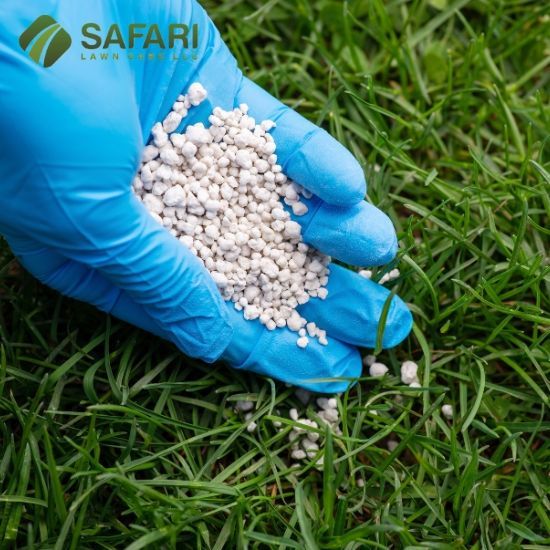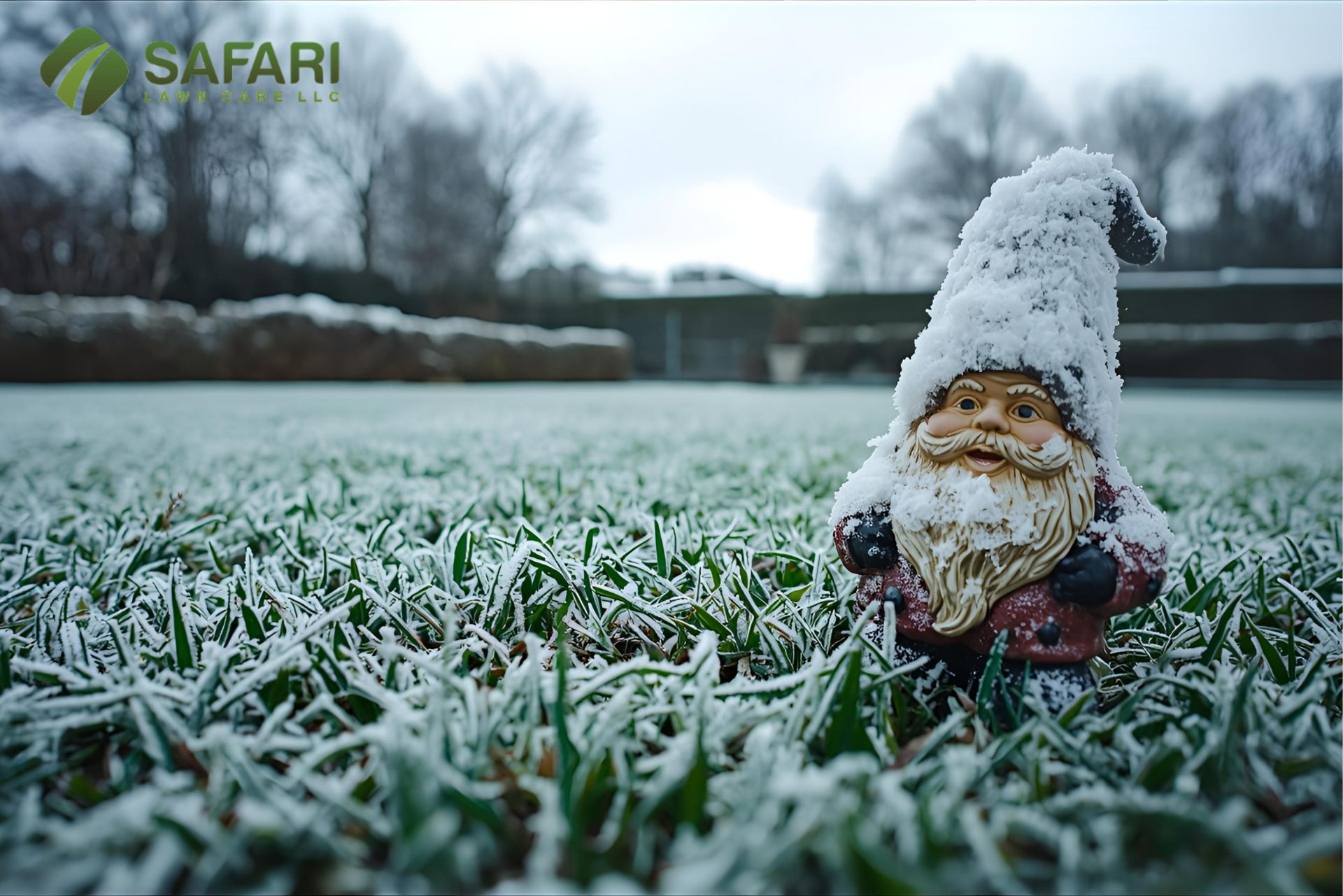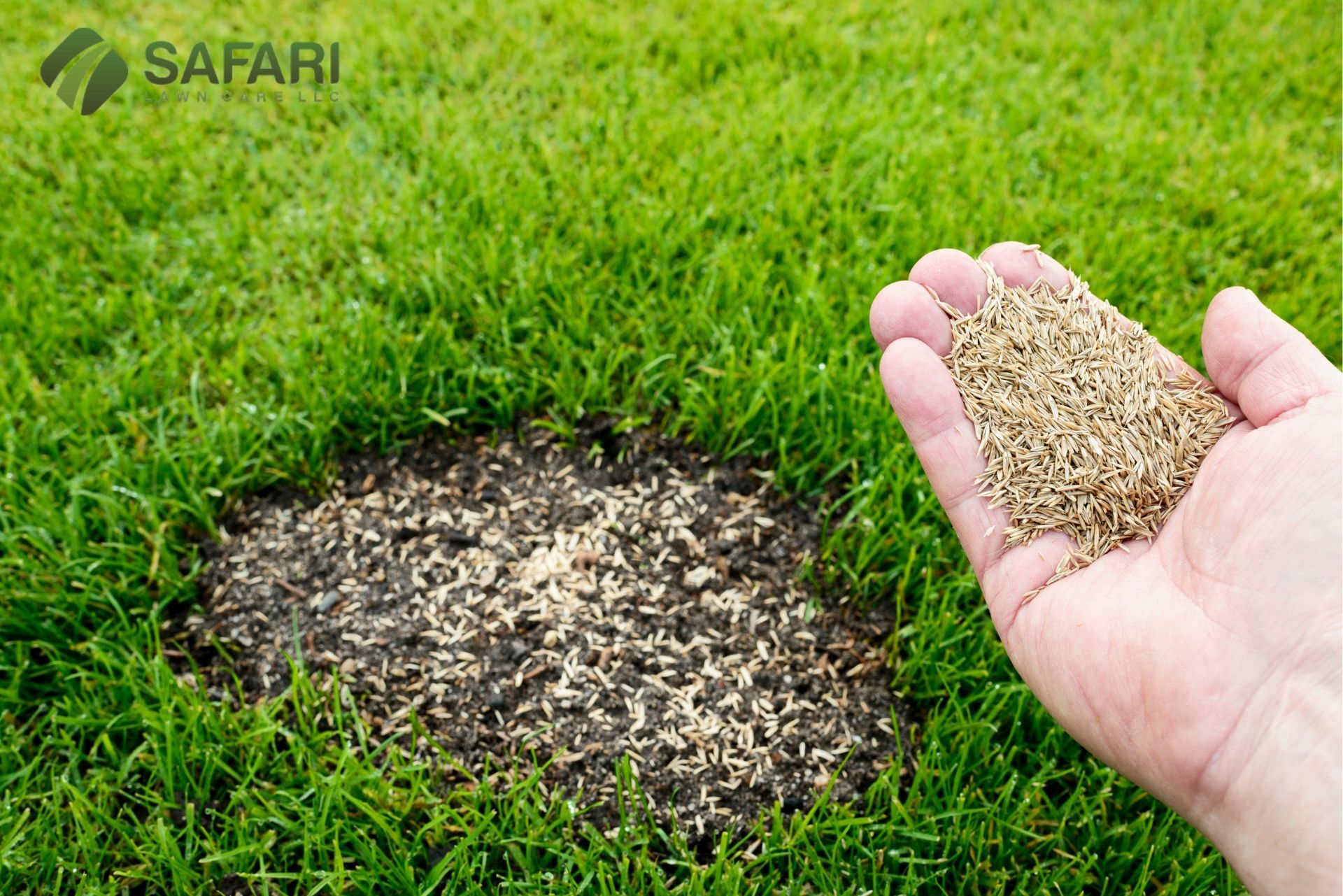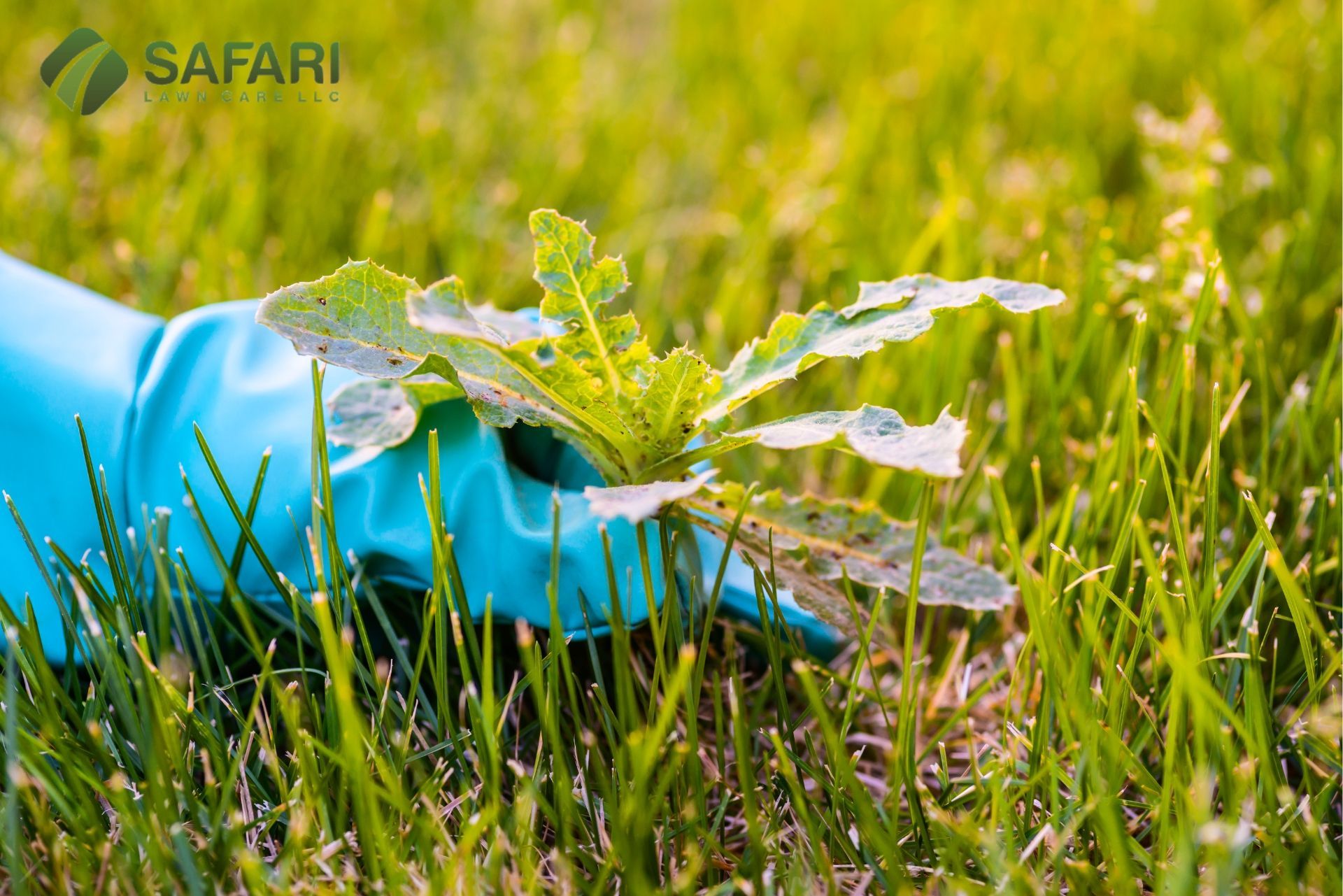How to Choose the Right Fertilizer for Your Lawn
What's the Right Fertilizer for Your Lawn?
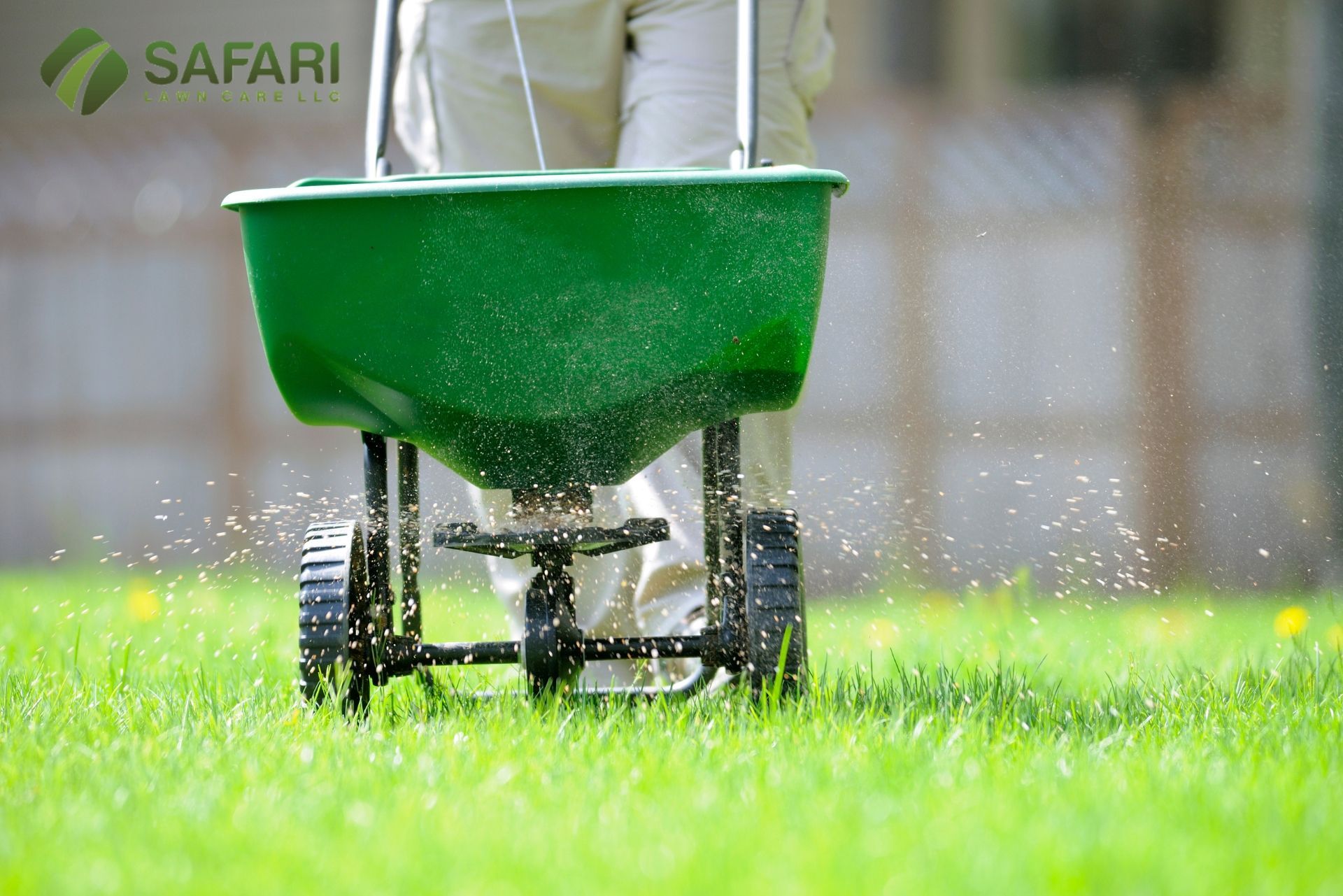
A healthy lawn starts with a proper
lawn fertilization plan. But with a mind-boggling selection of products on the shelf, how do you select the correct one? Let's leave the guesswork behind and get your lawn flourishing. This guide will take you through all you need to know, from fertilizer numbers to ideal timing.
Understanding the Fertilizer Numbers (N-P-K)
The first thing you notice on any bag of fertilizer are three numbers, like 10-10-10 or 20-5-10. These fertilizer numbers represent the percentage of Nitrogen (N), Phosphorus (P), and Potassium (K), respectively. These are the macronutrients that your lawn needs the most.
- Nitrogen (N): Encourages leafy green growth. Consider it the gasoline of your lawn's engine, fueling lush, observable growth.
- Phosphorus (P): Promotes good root growth. Necessary for new lawn establishment and root health.
- Potassium (K): Promotes overall plant health and resistance to disease. It supports your lawn's ability to handle stress, such as drought and cold.
Soil Testing
Before you reach for any fertilizer, take a soil test. This easy and affordable procedure tells you your soil's pH level and nutrient deficiencies. You can usually purchase soil test kits at your local garden store or through your local agricultural extension office.
- Why soil testing is crucial:
It identifies specific nutrient deficiencies, avoiding over-fertilization.
It measures your soil's pH, which influences nutrient uptake.
It saves you money by preventing unnecessary fertilizer applications.
Consider the Timing
Timing is everything when it comes to successful fertilization. Fertilizing at the wrong time will waste product and actually damage your lawn.
- Spring: This is an important season to fertilize since your lawn is emerging from dormancy. Fertilize once soil has heated up and your grass is growing.
- Summer: Steer clear of heavy fertilization during the most intense heat of summer since it can stress your lawn. A slight feeding might be helpful, but water first.
- Fall: Fall fertilization helps your lawn develop sturdy roots and winterize itself. Use a potassium-rich fertilizer about several weeks before the initial frost.
- Avoid Frozen Ground: Never fertilize frozen soil, as the nutrients will not be taken up and can leach away.
Consider Your Lawn's Specific Needs
- New Lawns: Need more phosphorus for root growth.
- Established Lawns: Benefit from a balanced fertilizer or one higher in nitrogen.
- Seasonal Needs:
- Spring: Pay attention to nitrogen to keep them green.
- Fall: Prioritize potassium for winter hardiness.
- Local Climate: Your local climate will have a big impact on what kind of grass you have, and consequently what kind of fertilizer you should use. Talk with local nurseries, or check with agricultural extension offices for local advice.
Tips for Fertilizer Application
- Read the instructions on the bag of fertilizer carefully.
- Do not over-fertilize to avoid burning your lawn.
- Water your lawn following the application of fertilizer to assist it in soaking up the nutrients.
- Fertilize evenly. A spreader can be used to ensure that the fertilizer is applied evenly.
- Do not apply fertilizer during peak sun hours.
Achieve a Healthy Lawn with the Right Fertilizer
Selecting the appropriate fertilizer for your lawn need not be complicated. By knowing what your lawn needs, understanding fertilizer labels, and using the product properly, you can have a healthy, thriving lawn that's the envy of the neighborhood. Keep in mind, a well-fed lawn is a contented lawn!
Learning lawn fertilization is an important step to a healthy yard. But if you'd rather just let the experts do the science and just love a lovely lawn, then get in touch with Safari Lawn Care. We specialize in customized
lawn care services, including professional fertilization, weed control, and more. Leave the heavy lifting to Safari Lawn Care, and you can enjoy your outdoors.
Ready to work with Safari Lawn Care?
Let's connect! We’re here to help.
Send us a message and we’ll be in touch.
Or give us a call today at 208-562-1500
